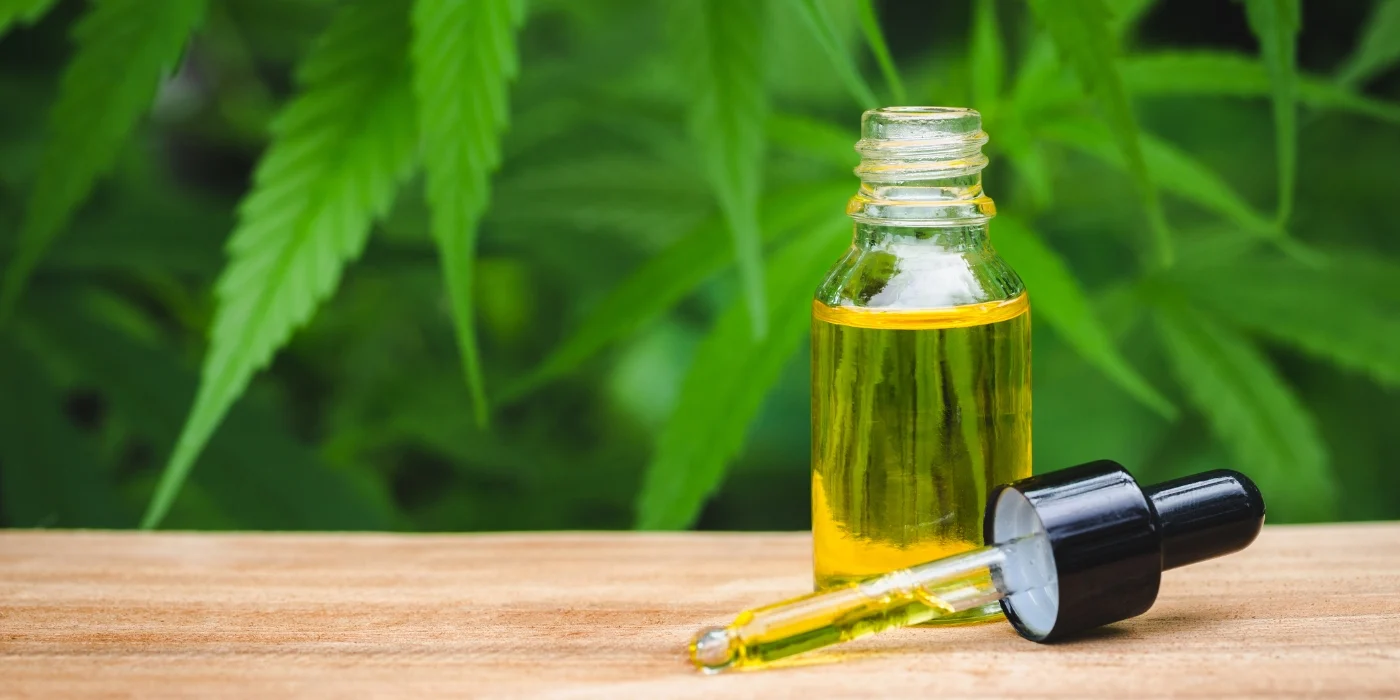
- Hemp Farming
-
by gu
Hemp’s effect on the local economies has come under sharp focus in recent years. The growing debate on the legal, political, and medical implications of hemp products is a clear testimony of this effect. So, does hemp mean well for local economies?
How Hemp Cultivation Affects Local Economies
The cultivation of hemp offers sustainability and durability that few other crops can match. Its low cost and input farming help lower the burden of hemp farming, giving rise to a host of benefits to local economies. Here are a few benefits of hemp growing to the local economies.
First, hemp fabric products are much more durable and cost-efficient compared to cotton. Hemp fiber, which is ten times stronger than cotton, lasts much longer and is more economical to use. In addition, the growth, cultivation, and management of cotton are far more expensive compare to hemp. The textile industry stands to gain immensely from the cultivation of hemp as a substitute for cotton.
Also, unlike most of its substitutes, hemp grows in diverse locations across the US. Farmers from across the country can try their hand at hemp since it can do well in various climatic conditions with few resources.
Cultivating hemp is also good for water conservation. Compared to other crops, such as cotton, hemp uses considerably lower amounts of water to grow. This means that hemp farmers can use less water for irrigation, thus saving thousands of gallons each year for other uses.
The Importance of Non-Restrictive Hemp Laws
For the local economies to thrive from hemp cultivation, there must be less restrictive hemp laws. The passage of the Marijuana Tax Act of 1937 discouraged farmers from growing hemp as they feared harassment by law enforcers. Farmers also faced misplaced fears from the association of hemp with marijuana.
Fortunately, the hemp industry has begun to experience good tidings in the last two decades as various bills supporting the cultivation of industrial hemp in the US have developed. Up to 31 states have floated pro-hemp bills, 19 of which have already enacted those laws. Eight states (Oregon, Colorado, Washington, Vermont, Montana, West Virginia, Dakota, and Maine) also differentiate industrial hemp from marijuana, thus removing production barriers.
Why Hemp’s Effect on the Local Economy is Positive
Hemp cultivation provides an excellent opportunity for local farmers to reap considerable economic benefits. It is especially useful for those agricultural-dependent states, which can consider moving away from more expensive tobacco farming and embrace the cheaper-to-produce hemp.
Also, hemp farming is likely to receive more profits in the coming years due to the expansion of the cannabis industry. The force behind this phenomenon is the ever-expanding market for CBD products (and thus, feminized hemp seeds) across the US states. Farmers can profit big-time by tapping into this market and its plethora of uses across various industries.
Steps to Thrive in the Hemp Industry
Growers must obtain licensing to cultivate hemp in their areas. They must also identify the hemp products likely to generate more profits to determine which type of hemp plants to grow. Whether for CBD oils, hemp seeds, or fiber, farmers must determine their goals before planting the first seed.
Farmers could also keep up-to-date on hemp cultivation techniques to remain profitable. Hemp may not be a very demanding plant but it does require special care for optimal output. This includes finding the right hemp seeds and learning the best growing conditions.
We offer quality hemp products, especially feminized hemp seeds, to all our clients. Contact us for more information about our feminized hemp seeds and services.
How has hemp affected your local economy? Tell us about it in the comment section below.



